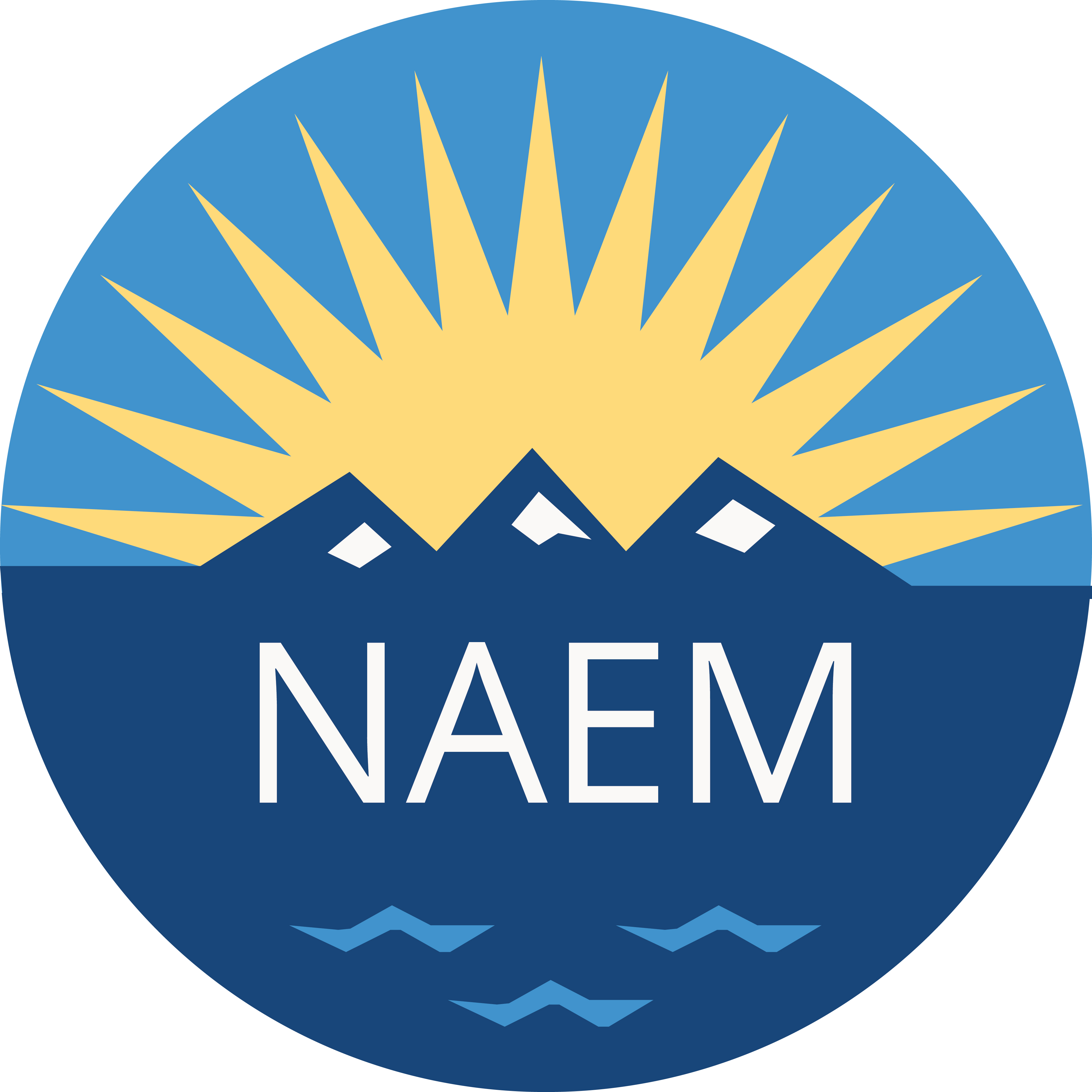Gina McCarthy’s Advice for Environmental Champions: Be Persistent

NAEM: You have said that “Now is the greatest opportunity in the last 100 years for companies to be leaders in environmental protection and stewardship.” Why do you think that is? And where do you think individual corporate EHS&S leaders fit into this bigger opportunity?
GM: In 2017 alone, extreme weather cost a total of $306 billion dollars in damage, making it the most expensive year on record for natural disasters. And earlier this year, planners began looking at they might design a seawall on the outer edge of Boston Harbor to deflect rising seas and protect the coastal area from damages associated with increasingly intense storms.
That’s real money spent to address a real threat to our health, well-being, economy and national security – and to our children’s future.
But significant resources are not just being spent to adapt and respond to a changing climate, significant resources are being spent – and will be spent over the next decades – to reduce the carbon pollution that is fueling climate change. So why aren’t we thinking about getting the biggest bang for the buck when we invest in actions that lower carbon emissions?
If you look through a health lens, you can get big health benefits for our kids and our families, as well as the health of the planet. For example, investments in clean energy don’t just reduce the carbon pollution, they lower emissions of conventional air pollutants that negatively impact our health and our productivity. So let’s think about the opportunities we have today to invest in a clean, healthy and sustainable future.
NAEM: Between the explosion of emerging regulations at the international level and the policy shifts at the EPA, environmental compliance is changing at a dizzying pace. Does this reflect fragmentation in the frameworks or is there a a larger trend at play? If so, what is the overall arc of these changes?
GM: I wish I had a good crystal ball to tell about where all the trends to regulate or deregulate are heading in the short run, never mind the long run. But I do know this: People in all countries, including the U.S., as well as people from all political parties, want clean air to breathe, clean water to drink and safe and healthy land on which to live and grow the food they need to feed their families. The partisan politics that threaten to eliminate core protections to public health and our natural resources will face a very uphill battle in the courts and the court of public opinion.
NAEM: Leadership can sometimes be a lonely journey. What advice do you have for those EHS&S leaders who are setting policy and making the business case for their programs within companies today?
GM: First, remember that broad engagement, teamwork, tenacity and patience are critical if you want to get the momentum you need to change the ways anyone does business. People are busy, resources are tight and time always seems to be flying by.
So if you want to get attention of company leadership to new ideas, policies, practices and investments that show your company’s commitment to the environment, health, safety and sustainability, you have to build momentum and be persistent.
Start by engaging your fellow workers to think about ways your efforts can make their workplace better, help them enhance their performance, and make their lives easier, more comfortable and more rewarding. Listen and learn, and then listen and learn some more. And when you and your colleagues identify actions that make sense to them and make sense from a business perspective, use the energy and enthusiasm you have sparked to push ideas up the chain. You never know, maybe they will listen and learn.
To benchmark your EHS programs, join Gina McCarthy at NAEM’s 2018 Compliance Management Conference in Austin on May 15-17.

